Overview: Yoga has surged in popularity as a holistic practice that not only strengthens the body but also nurtures the mind. Its benefits extend beyond flexibility and balance, playing a significant role in enhancing mental health and promoting longevity. This article explores how yoga can be a cornerstone of an active lifestyle, contributing to both mental well-being and a longer, healthier life.
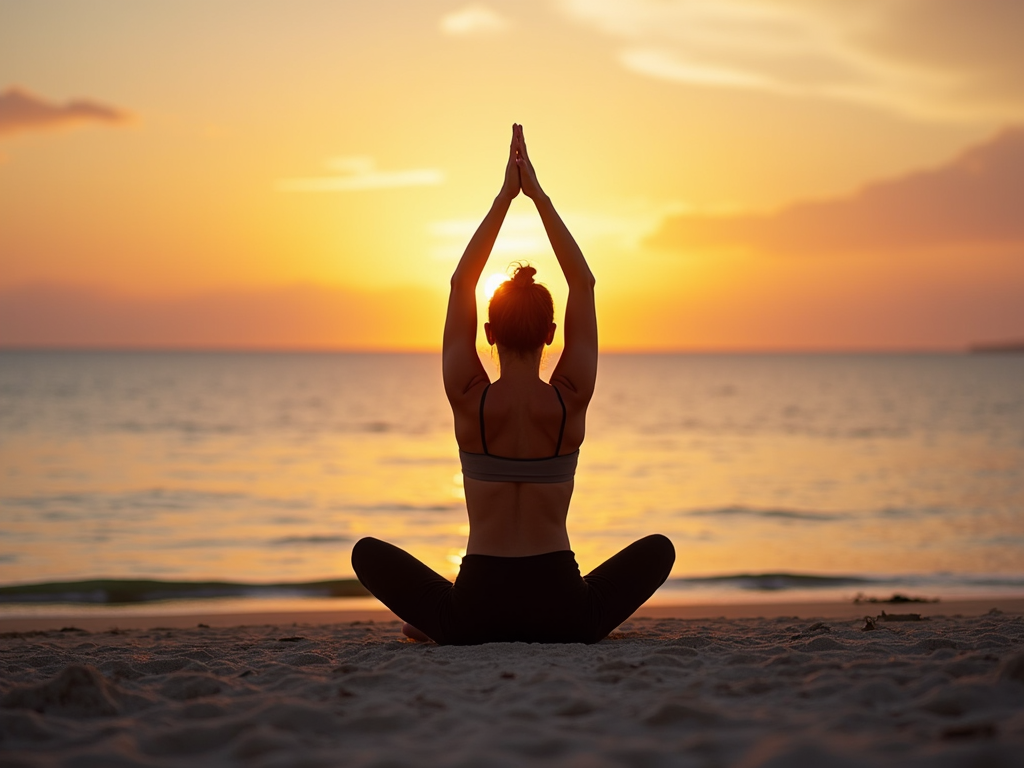
The Mental Health Benefits of Yoga
Yoga is more than just a physical exercise; it's a mind-body practice that has been shown to reduce stress, anxiety, and depression. Through a combination of controlled breathing, meditation, and physical postures, yoga helps calm the mind and improve emotional regulation. Studies have found that regular yoga practice can lower cortisol levels, the hormone associated with stress, leading to a greater sense of calm and well-being.
For instance, a study published by the American Psychological Association found that yoga practitioners experienced significant reductions in anxiety and depression symptoms compared to those who did not practice yoga. This is particularly relevant in today's fast-paced world, where mental health challenges are increasingly common.
Personal insight: I remember a time when I was overwhelmed with work and personal responsibilities. Incorporating just 20 minutes of yoga into my daily routine helped me manage stress more effectively. The deep breathing exercises, in particular, allowed me to pause and reset, making challenges feel more manageable.
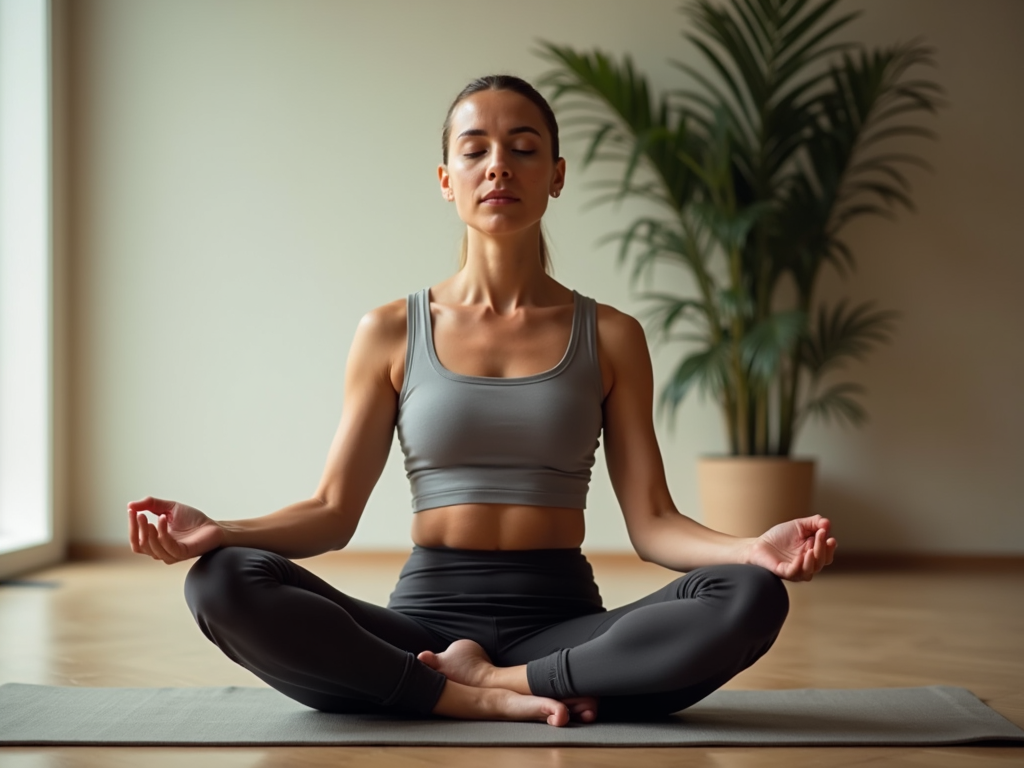
Yoga and Longevity: The Physical Connection
While yoga is often associated with mental health, its physical benefits are equally impressive and contribute directly to longevity. Yoga improves flexibility, strength, and balance, which are crucial for maintaining mobility and preventing injuries as we age. Additionally, yoga has been linked to better cardiovascular health, with practices like Vinyasa and Ashtanga yoga providing a moderate aerobic workout that can help lower blood pressure and improve heart health.
A report from the National Institutes of Health highlights that regular physical activity, including yoga, can reduce the risk of chronic diseases such as heart disease, diabetes, and certain cancers, all of which are key factors in longevity. By incorporating yoga into an active lifestyle, individuals can enhance their physical health and increase their chances of living a longer, healthier life.

Yoga as Part of an Active Lifestyle
An active lifestyle is essential for maintaining both mental and physical health, and yoga is a versatile practice that can be easily integrated into daily routines. Unlike high-impact exercises, yoga is low-impact and can be adapted to suit all fitness levels, making it accessible to a wide range of people. Whether you're a beginner or an experienced practitioner, yoga offers a way to stay active without putting excessive strain on the body.
Physical activity programs that include yoga often see higher participation rates because of its inclusive nature. For example, many community centers and workplaces have started offering yoga classes as part of their wellness programs, recognizing its benefits for both mental and physical health. These programs not only promote an active lifestyle but also foster a sense of community and support among participants.
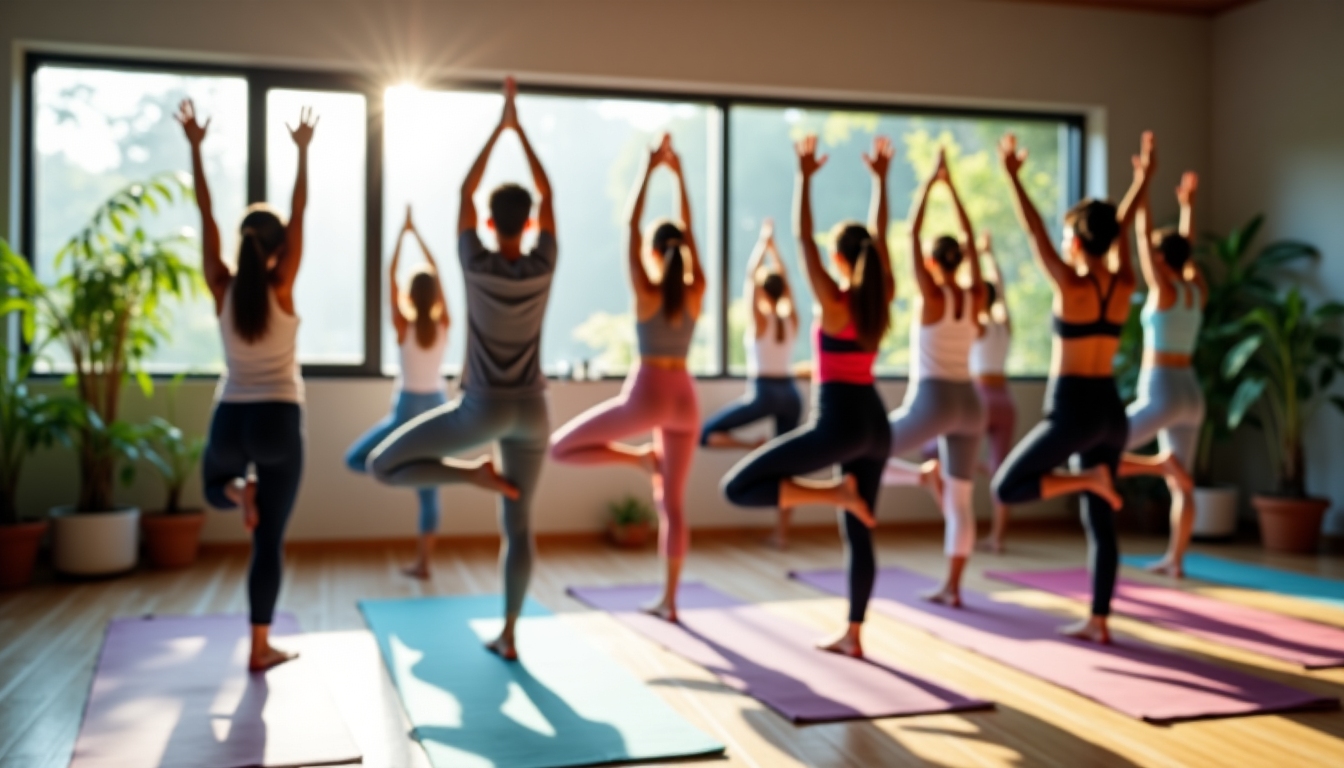
Wellness Programs and Yoga
Wellness programs are increasingly incorporating yoga as a key component due to its holistic benefits. These programs aim to improve overall well-being by addressing physical, mental, and emotional health, and yoga fits perfectly into this framework. By participating in yoga as part of a wellness program, individuals can experience improvements in sleep quality, mood, and even cognitive function.
For instance, a study conducted by Harvard Medical School found that yoga can enhance brain function and improve memory and concentration. This is particularly beneficial for older adults, as it can help maintain cognitive health and reduce the risk of age-related cognitive decline.
Personal insight: A friend of mine, who is in her 60s, started practicing yoga as part of a wellness program at her local community center. She noticed not only an improvement in her flexibility and balance but also a sharper memory and better focus in her daily activities. It's inspiring to see how yoga can make such a difference at any age.
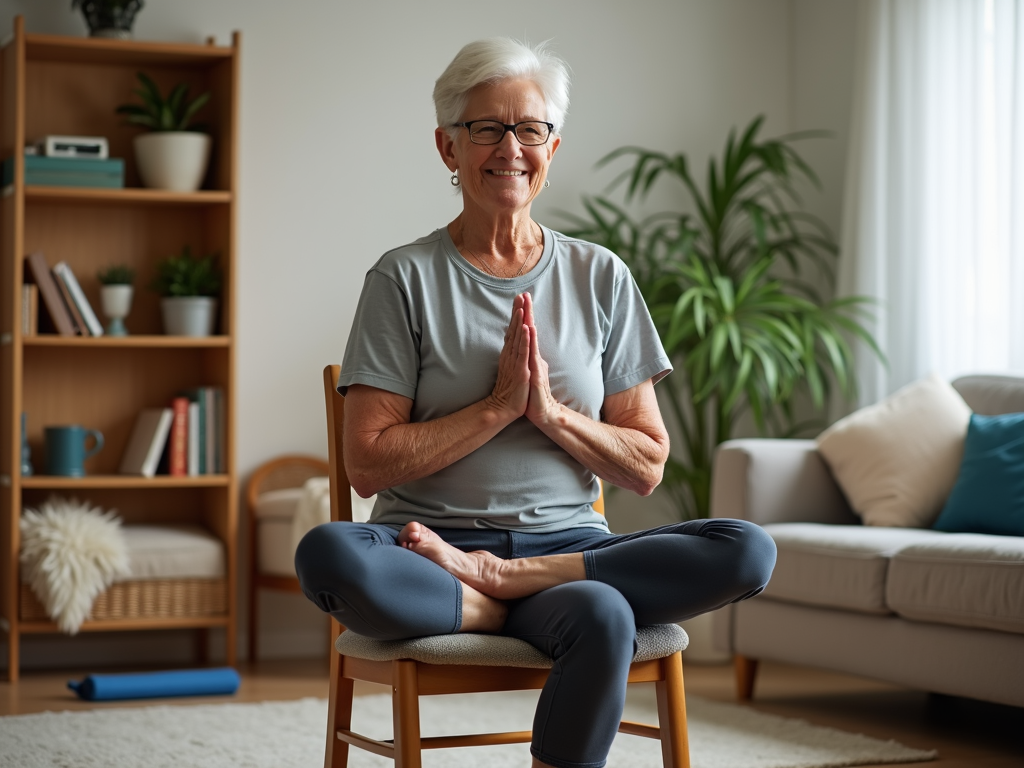
How to Get Started with Yoga
If you're new to yoga, starting can feel intimidating, but it doesn't have to be. Here are some simple steps to begin your yoga journey:
- Find a beginner-friendly class: Look for classes labeled as "beginner" or "gentle" yoga. These classes focus on basic poses and proper alignment.
- Start with short sessions: Begin with 10-15 minute sessions and gradually increase the duration as you become more comfortable.
- Focus on breathing: Pay attention to your breath during practice. Deep, controlled breathing is a fundamental aspect of yoga that enhances its mental health benefits.
- Be patient: Progress in yoga is gradual. Don't worry about mastering poses right away; instead, focus on how the practice makes you feel.
Many online platforms and apps offer guided yoga sessions for beginners, making it easy to practice from the comfort of your home. Remember, the goal is not perfection but rather consistency and mindfulness.
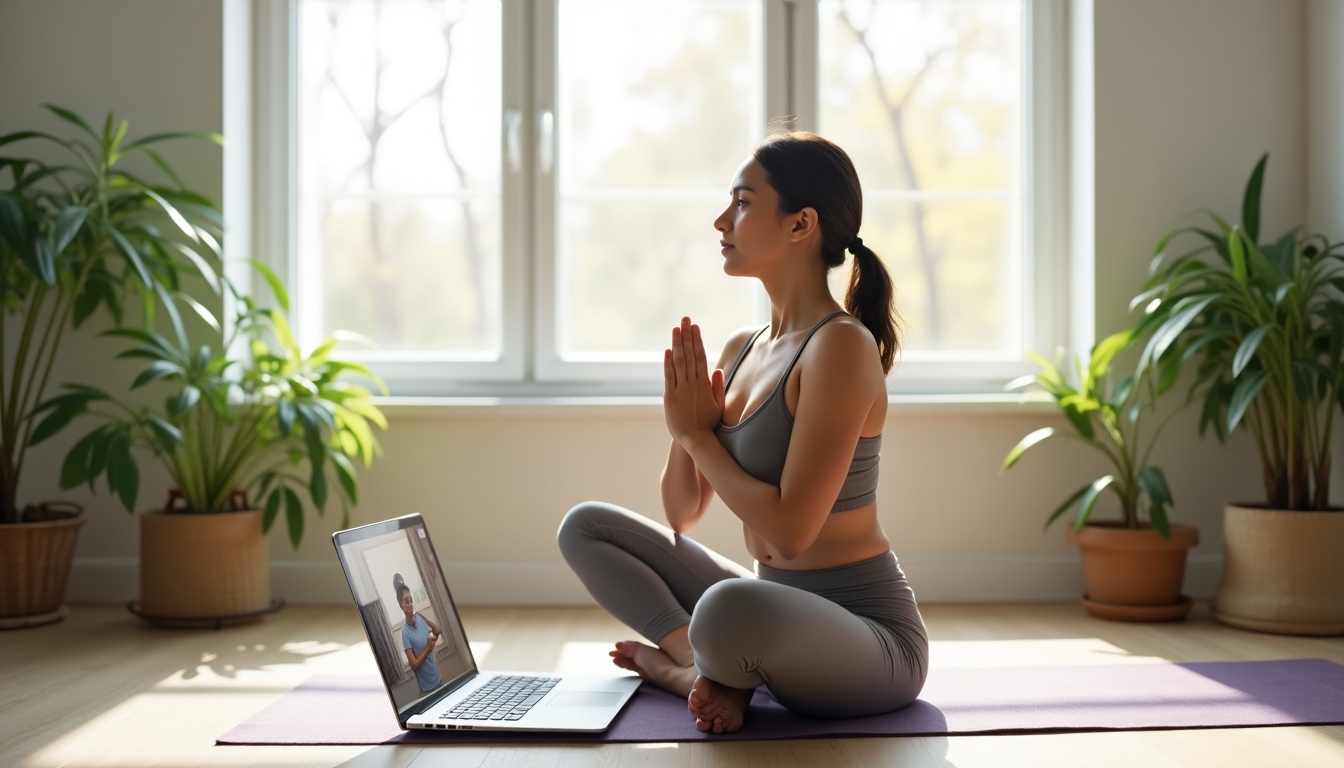
Summary
Yoga is a powerful tool for enhancing mental health and promoting longevity. Its benefits extend beyond the physical, offering a holistic approach to well-being that includes stress reduction, improved emotional regulation, and better cognitive function. By incorporating yoga into an active lifestyle and participating in wellness programs that include yoga, individuals can enjoy a longer, healthier life. Whether you're looking to reduce stress, improve your physical health, or simply find a moment of peace in your day, yoga offers something for everyone.
Discuss Here